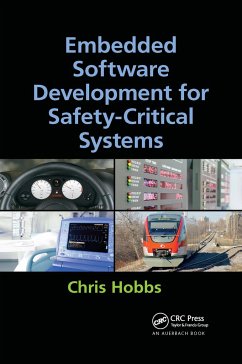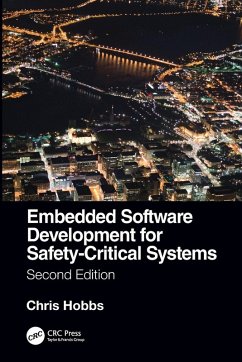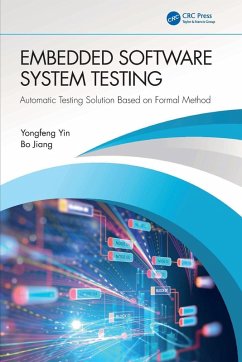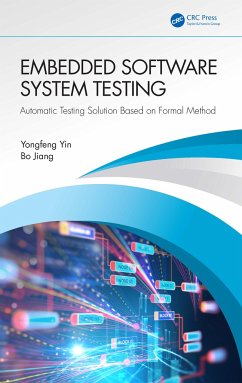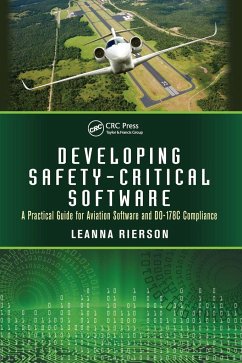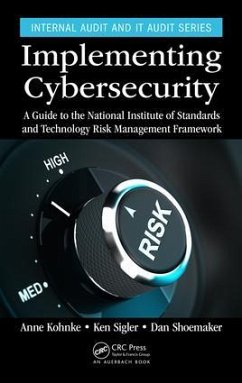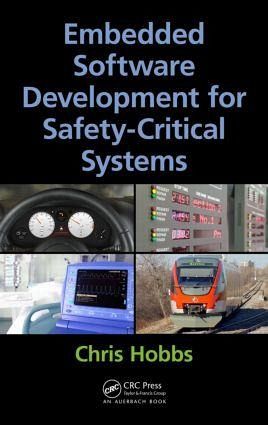
Embedded Software Development for Safety-Critical Systems

PAYBACK Punkte
75 °P sammeln!
This book discusses the development of safety-critical systems under the following standards: IEC 61508; ISO 26262; EN 50128; and IEC 62304. It details the advantages and disadvantages of many architectural and design practices recommended in the standards, ranging from replication and diversification, through anomaly detection to the so-called "safety bag" systems. Reviewing the use of open-source components in safety-critical systems, the book has evolved from a course text used by QNX Software Systems for a training module on building embedded software for safety-critical devices.




